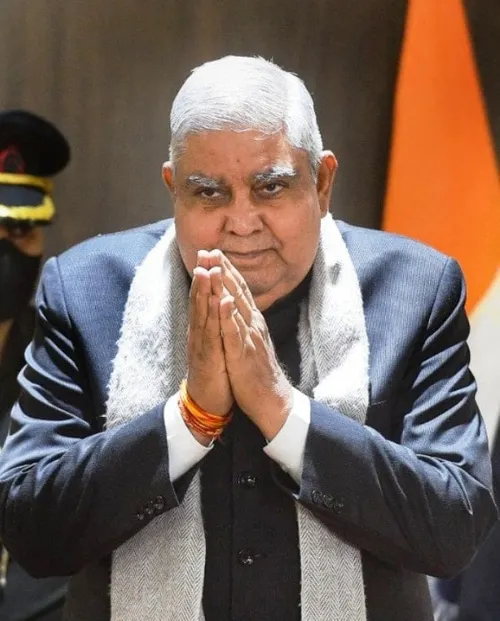
FILE PHOTO: The logo of Securities and Exchange Board of India (SEBI) is seen on its headquarters in Mumbai, India, March 24, 2025. REUTERS/Hemanshi Kamani/File Photo
| Photo Credit:
HEMANSHI KAMANI
The high-level committee (HLC) set up by the Securities and Exchange Board of India (SEBI) to look into conflict-of-interest issues among its own board members, is exploring several stricter norms for them, including external monitoring of conflict disclosures, curbs on investments by members and their families, and potentially making such declarations public, according to people aware of the discussions.
The committee has met twice so far but is yet to finalise its recommendations, which is expected to be submitted to the market regulator in July. It has sought at least two more rounds of deliberations.
In the interim, the panel is engaging with a wide range of stakeholders, including stock exchanges, depositories, clearing corporations, legal experts, and former SEBI chairpersons, before proposing a new conflict-of-interest framework.
The committee, headed by retired IAS officer and former central vigilance commissioner Pratyush Sinha, is tasked with a comprehensive review of these norms, including disclosure of property, liabilities and investment interests.
External oversight
One of the key proposals under discussion is external and independent oversight of conflict disclosures submitted by board members, in place of the current practice where disclosures are made confidentially to the SEBI board cell.
“The current system is practically redundant,” a source said. “Disclosures are made in sealed envelopes to the board secretary, but there is no process for review.”
The HLC is evaluating whether an external agency can be tasked with reviewing disclosures and recommending recusals where needed. However, questions remain about who that external body could be.
Investment curbs
The committee is also deliberating on restrictions on investments by SEBI board members and their families in equities and bonds. The current definition of family, limited to spouse and dependent children under 18 years, is being reconsidered and may be expanded.
Although a complete trading ban has been suggested, the committee is cautious about not deterring qualified individuals, especially from the private sector.
The committee is also studying global practices, especially from developed markets, since no other Indian regulator currently has a comparable conflict-of-interest body for its top leadership.
The existing SEBI code, dating back to 2008, lays out broad guidelines on disclosure of conflicts confidentially, acceptance of gifts and transparency in financial holdings.
SEBI’s board cleared the formation of the committee in its first meeting under new chairperson Tuhin Kanta Pandey, in the wake of the controversy surrounding his predecessor Madhabi Puri Buch. US-based Hindenburg had made allegations about investments by Buch and her husband in offshore funds linked to Vinod Adani, brother of Adani Group Chairman Gautam Adani. The Buchs denied these allegations.
More Like This
Published on June 15, 2025
Anurag Dhole is a seasoned journalist and content writer with a passion for delivering timely, accurate, and engaging stories. With over 8 years of experience in digital media, she covers a wide range of topics—from breaking news and politics to business insights and cultural trends. Jane's writing style blends clarity with depth, aiming to inform and inspire readers in a fast-paced media landscape. When she’s not chasing stories, she’s likely reading investigative features or exploring local cafés for her next writing spot.





